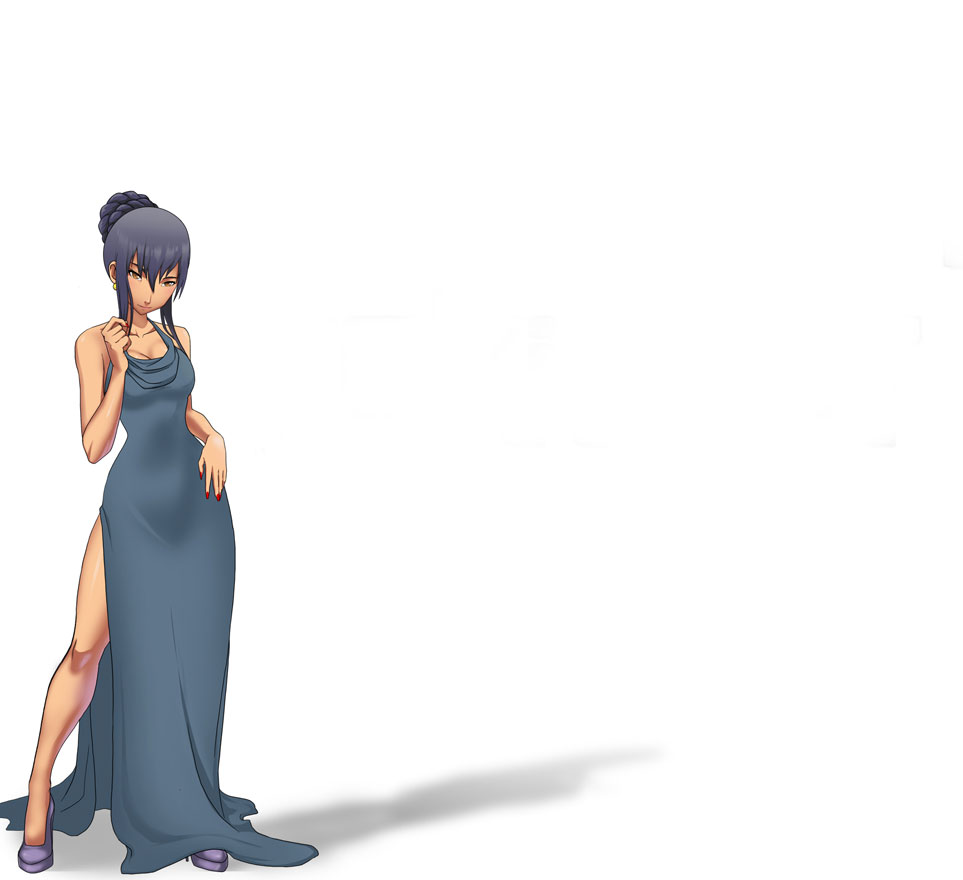Anybody who has been a consistent video game player over the years has had their fair share of encounters with both fantastic game design – and controller breaking, teeth gnashingly frustrating, outright broken game design.
Since the latter does not deserve our attention, in this first in an ongoing series, we will take a look at some of those moments where video game designers undoubtedly got it right and delivered a memorable, enduring and progressive gaming experience.
Metroid (NES) – When I bought Metroid for the NES in 1986 I was just a 9-year-old boy with some birthday money burning a hole in my pocket. I bought the game mainly due to the box art, but also because I had seen it on the cover of one of the few gaming magazines of the day.
This was one of the first games I had bought new, entirely with my own money, and I was very excited when I finally got home and put the cartridge in my Nintendo. The stand-out moment for this game came within the first minute of gameplay.
As you start the game, your natural instinct is to head right. This direction of movement had been instilled in players through years of playing games such as Donkey Kong, Super Mario Bros and countless other games.
Still, when the player headed right in Metroid, they were greeted by an impassable wall that required the character to turn into a ball in order to roll under it – a skill the character did not yet possess.
This forced the player to head back where they came from, and end up to the left of the start screen, where the ability to turn into the ball was found.
This simple to solve yet incredibly purposeful roadblock let the player know that their pre-conceived notions of how a video game was supposed to be played did not apply to Metroid.
After less than a minute of gameplay, the player was already being challenged and forced to re-evaluate how they approach games – all through the use of one straight forward, yet elegantly challenging design element.
MDK2 (Dreamcast) – This absolutely must play game is a sequel to the original MDK developed by Shiny entertainment and released on the PC, Mac and eventually the Playstation. BioWare took over the reins for the development of this Dreamcast based sequel and they plastered their consistent quality all over this title.
Starring three intertwined yet very distinct characters – Max the stealthy sniper, Dr. Hawkins the crazy scientist and Kurt the 6 legged dog (MDK respectively) – the game had an incredibly varied approach to gameplay that involved sections which complimented the strengths of each player.
Anyone who has played this game will know how brutally difficult it is, but this difficulty does not come without a degree of fairness. The game demands you execute very complex moves with absolute precision, and places unforgiving save points in your path that require the player to be not only perfect, but consistently perfect.
The standout game design moments in this game are delivered in a constant stream. After completing a torturous level with Kurt where you may have gunned down hundreds upon hundreds of enemies as you desperately and frantically searched for more ammunition, you are rewarded with a brain testing breather as you take over Dr. Hawkins and must solve a puzzle within a riddle.
This constantly rotating gameplay avoided the pitfalls of similar games by refusing to allow the dips in quality that often occur as character control shifts. While the game is filled with high water marks such as: the amazing boss battles and flying sequences with Kurt, Max’s free falling navigations and sniper wars, and Dr. Kurt’s epic climbing and pipe following – the game on the whole is a massive achievement in game design and stands out as one of the most challenging and rewarding games the Dreamcast ever saw, and that BioWare ever produced.
If you have not yet had the chance to play MDK2, do yourself a favor and track down a copy. I guarantee that if its merciless difficulty does not scare you away, the game will reveal itself to be one with few in the realm of high quality game design.
Tim Kennedy writes on behalf of AppsPatrol. He recommends you visit AppsPatrol for your iPhone App Reviews and iPhone Game Reviews.
Article from articlesbase.com



Leave a Reply
You must be logged in to post a comment.